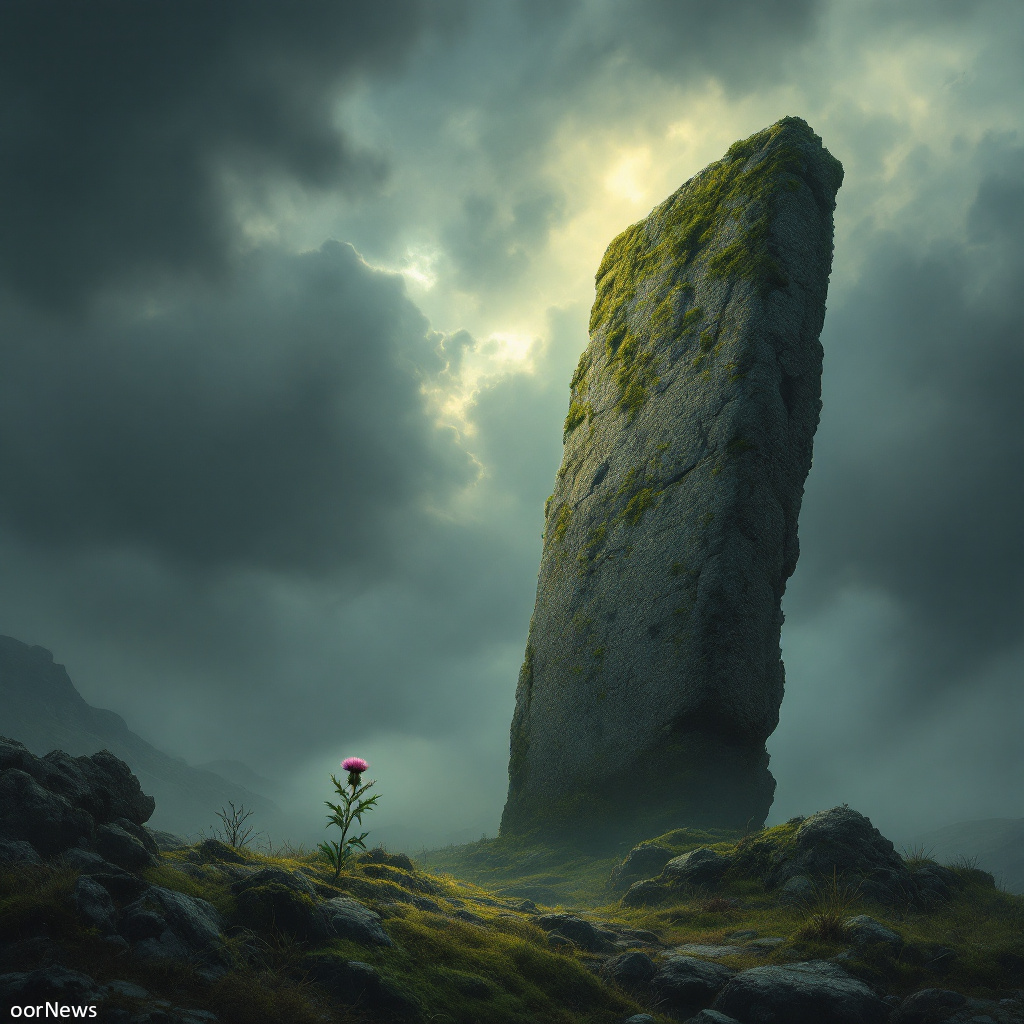Your cart is currently empty!

Scotland Taking Decolonization Bid to UN

Scotland has taken a bold step by beginning a campaign to end its ties to external rule. On 7 March, a group representing more than 17,000 members of Liberation Scotland sent an Advance Notice of Petition to the UN Special Committee on Decolonization. The petition, along with supporting papers, is now on view at www.liberation.scot.
The petition argues that Scotland has been denied its right to self-rule. The legal case rests on UN General Assembly Resolutions 1514 (XV), 1541 (XV) and 1654 (XVI), plus Chapter XI of the UN Charter. These rules give people the right to choose their own path and to shake off foreign rule. The claim is that the UK government has stopped Scotland from making its own choices. One passage in the supporting papers notes that “all peoples have the right to self-determination” and that the “subjection of peoples to alien subjugation, domination and exploitation constitutes a denial of fundamental human rights.”
Professor Alf Baird, a leading voice for the campaign, explained, “Scotland’s political and constitutional status aligns with the established international criteria for recognition as a Non-Self-Governing Territory. The forthcoming petition aims to rectify Scotland’s exclusion from the UN decolonization agenda by formally requesting its inclusion on the list of Non-Self-Governing Territories, thereby initiating the process for Scotland’s recognition as a territory entitled to self-determination and independence under UN oversight.” He added, “This is a momentous development but necessary due to the undemocratic nature of our political system whereby successive elected majorities of nationalist politicians in Scotland have failed to deliver independence, and with the UK Government continuing to block the inalienable right of Scots to self-determination. There is also the realization that colonial exploitation and domination of Scotland and its people must be ended and can be, via the UN decolonization process Liberation Scotland has initiated. Almost all former colonies that have become independent countries since the creation of the United Nations in 1945 have done so through the UN self-determination and decolonization process.”
Sara Salyers, Director of Salvo Scotland the campaign group, described the historical ties with the UK in sombre terms. “Contrary to what we in Scotland – as well as the world at large – have been led to believe, the historical incorporation of Scotland into the United Kingdom in 1707 did not constitute a voluntary partnership. It was never an expression of self-determination, but a process marked by political coercion, by the threats of economic sanctions and military invasion and by bribery. Ultimately, it saw the abandonment by England of the Treaty of Union in favour of the annexation and ongoing colonization of Scotland. The dissolution of Scotland’s independent governance structures followed, along with the displacement of the indigenous population, the suppression of Scotland’s cultures, and the colonial exploitation of Scotland’s maritime and territorial assets. The denial of Scotland’s democratic rights has continued ever since. By misrepresenting Scotland as a voluntary partner in the creation of a new state, rather than a dependency of the English Crown, the UK government has failed to meet its responsibility under the criteria set forth by the United Nations under Resolution 1541 (XV): Principles which should guide Members in determining whether or not an obligation exists to transmit the information called for under Article 73e of the United Nations Charter. What Liberation Scotland now seeks is both internationally lawful, and a fundamental human right. It is simple justice for our nation and long overdue.”
Sharof Azizov, Executive Director of Justice pour Tous Internationale, spoke on the strength of the legal case. He noted, “The Advance Notice of Petition convincingly argues that Scotland lost its political autonomy and became a colony under Westminster’s governance and that this and other institutions of the state have systemically eroded Scotland’s constitutional distinctiveness and suppressed Scotland’s rights to self-determination.”
The petition makes clear that evidence shows Scotland still lives under rules set by an external power and lacks a full measure of self-rule. The petition awaits further steps from the UN Special Committee on Decolonization. In time, a formal request will be made to include Scotland on the list of Non-Self-Governing Territories. This legal move may open the way for Scotland to gain true self-rule under UN oversight.
One response to “Scotland Taking Decolonization Bid to UN”
Everyday is a new day I hope and pray to be free from English rule and finally the foreign Anglo-Saxon leave and leave for good.